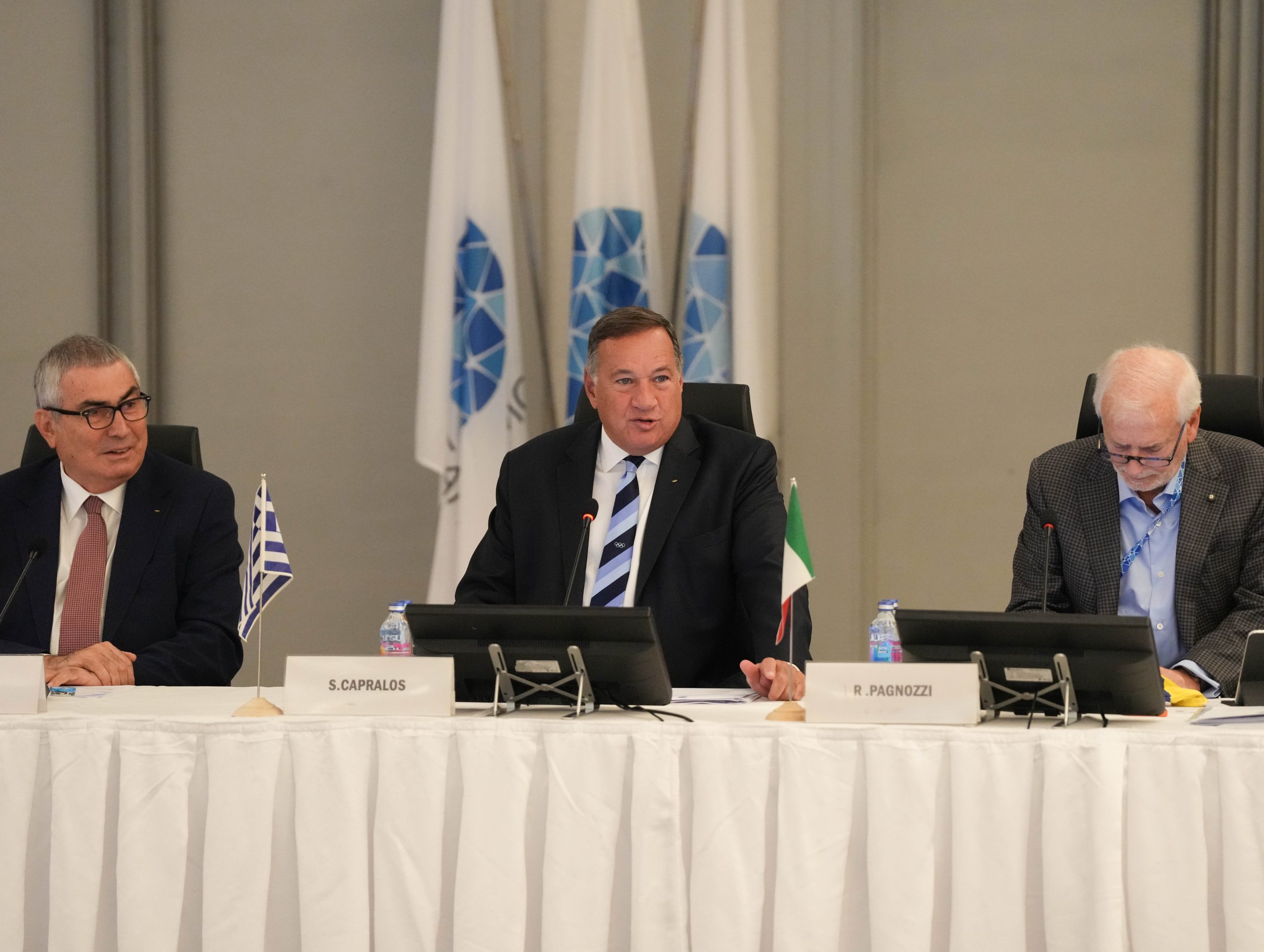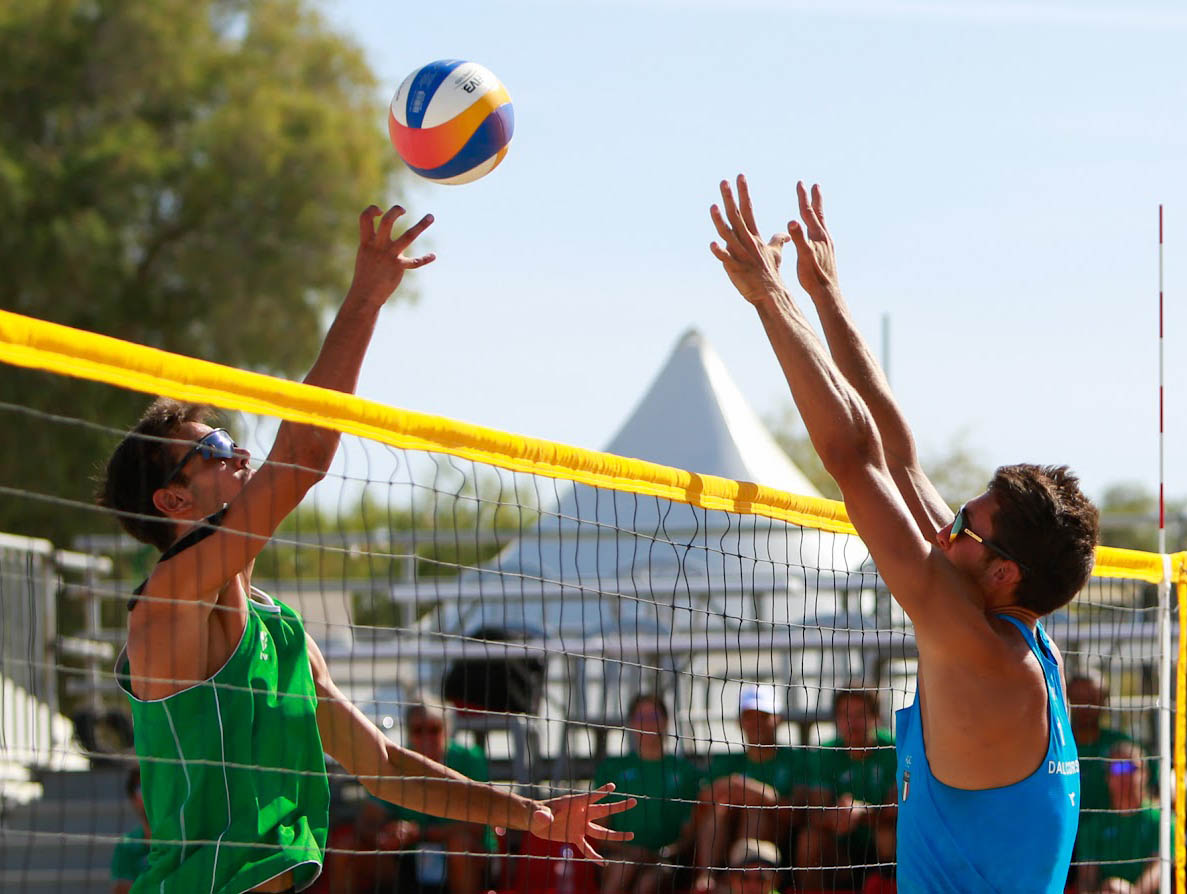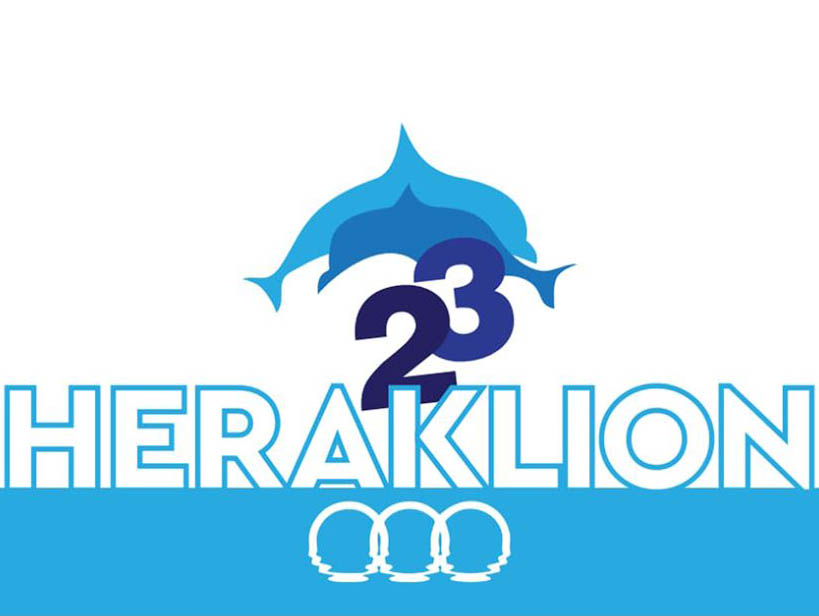1. EU-enlargement: changes in the institutions
For the accession of ten new member states it was necessary to reform the EU-contract in December 2000 in Nice. Also the ongoing discussion about the new EU-constitution targets to create a realistic framework for a European Union of 25 and more countries.
The enlargement will cause structural changes in the EU-institutions such as the rise of the number of seats in the bodies.
The European Parliament as the only EU-institution representing directly Europes citizen will be elected in the middle of June 2004 in all 25 member states. From May 1st until the elections the new countries will be already represented by Parliamentarians who had been nominated by their respective national Parliaments for this short period of time. Then the Treaty of Nice limits the number of Parliamentarians to the number of 732 after the EU-enlargement (before 626) and defines the amount of seats that each country will obtain. As the likelihood is that new Member States will enter the Union during the 2004-2009 term of office and that as a result additional MEPs will be elected in these countries it is anticipated that the maximum number of 732 seats in the European Parliament may be temporarily exceeded.
For sports organisations it will be of particular interest which newly elected Parliamentarians will then discuss sport matters within the respective committees.
Until 1st May 2004 the European Commission was composed of 20 members, the president and 19 Commissioners. Until the expiration of the 5 years term on 1 November 2004 there will be a transition solution: The Commission will count 30 members, the current 20 ones and 10 Commissioners from the accession countries. The latter will have full voting rights and play an active role in the Commissions decision-making process. Since the new members will not have portfolios on their own during this transition period, they are integrated in the policy areas of the current commissioners in order to get gradually used to the working procedures.
From 1 November 2004 on these new Commissioners will then obtain their own policy area.
The member states votes in the Council of the European Union the Council of Ministers – are readapted. The new weighting of the votes as defined in the Treaty of Nice should enable more decisions by majority vote. In contrast to the principle of unanimity the qualified majority voting offers less room to block the Councils decision.
2. More legal security for television advertising also during sports broadcasts
In the course of the amendment of the Television Directive, the Commission adopted a statement about issues of interpretation with regard to certain aspects of the regulations of the “Television without frontiers” directive about television advertising. This statement shall improve the legal security when use is made of new advertising techniques and shall thus ensure that the principles of the Directive are being observed to the full extent.
The Commission emphasises that new advertising techniques and new forms of advertising are compatible with the directive, if certain regulations are respected in order to protect the viewer. This includes a clear division between editorial and commercial content, protecting the viewer against an excess of advertising and protecting the integrity of audiovisual works.
In practice it means that for example “split-screen” advertising can be inserted into ongoing sports broadcasts, if a period of 20 minutes remains between the breaks. Advertising may also be shown during intervals, that is to say in intervals during matches. In the example of a football broadcast, the Commission explains that free kicks or substitutions may not be deemed to be such interruptions, but only breaks that lead to an increase in the regular playing time. In addition, virtual advertising can be used, to replace the advertising present on panels in the stadiums as long as it is not bigger.
3. European Commission reforms Competition Law
Since 1st May 2004, new regulations apply in the area of merger and take-over control. In addition, the new Antitrust Regulation takes effect, which specifies the application of the competition rules of the EC Treaty in accordance with articles 81 and 82. The articles named contain the prohibition of trade-restraining agreements in the internal market or the abuse of dominant positions.
The 25 national competition officials will in future work together with the European competition official in the “European Competition network” (ECN).
Reforms are being carried out within the area of aid control, which could also be interesting for the sports federations in Europe. In the past, subsidies for clubs or infrastructure projects of sport locations created a stir, as the assessment of whether state aid is involved was not always completely comprehensible for all those concerned. The Commission would therefore in future like to change to only taking action in those cases that have considerable consequences for the economy. All other cases should be taken care of by the member states themselves.
4. Production of sports equipment for the Olympic Games
During the plenary session of the European Parliament on 22 April 2004, a joint motion for a resolution for respect for the fundamental industrial health and safety standards during the production of sports equipment for the Olympic Games was adopted. The motion for a resolution urged the sports clothing brands, the world association of the sports equipment industry as well as the International Olympic Committee (IOC) in the run-up to the 2004 Olympic Games in Athens to respect the internationally recognised labour standards including all the human rights standards, as laid down by the International Labour Organization (ILO) as fundamental rights.

















